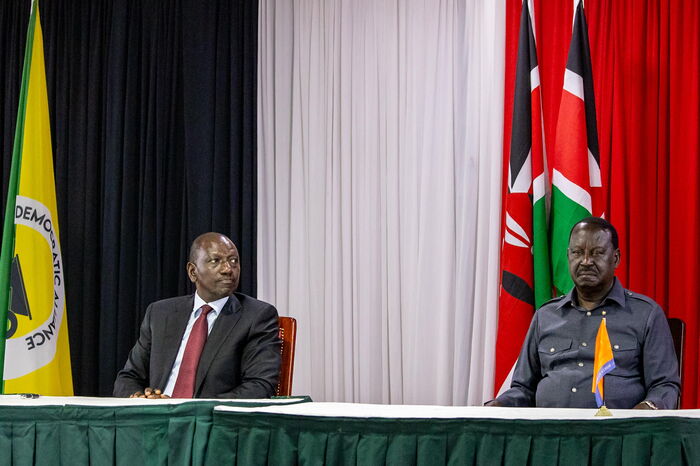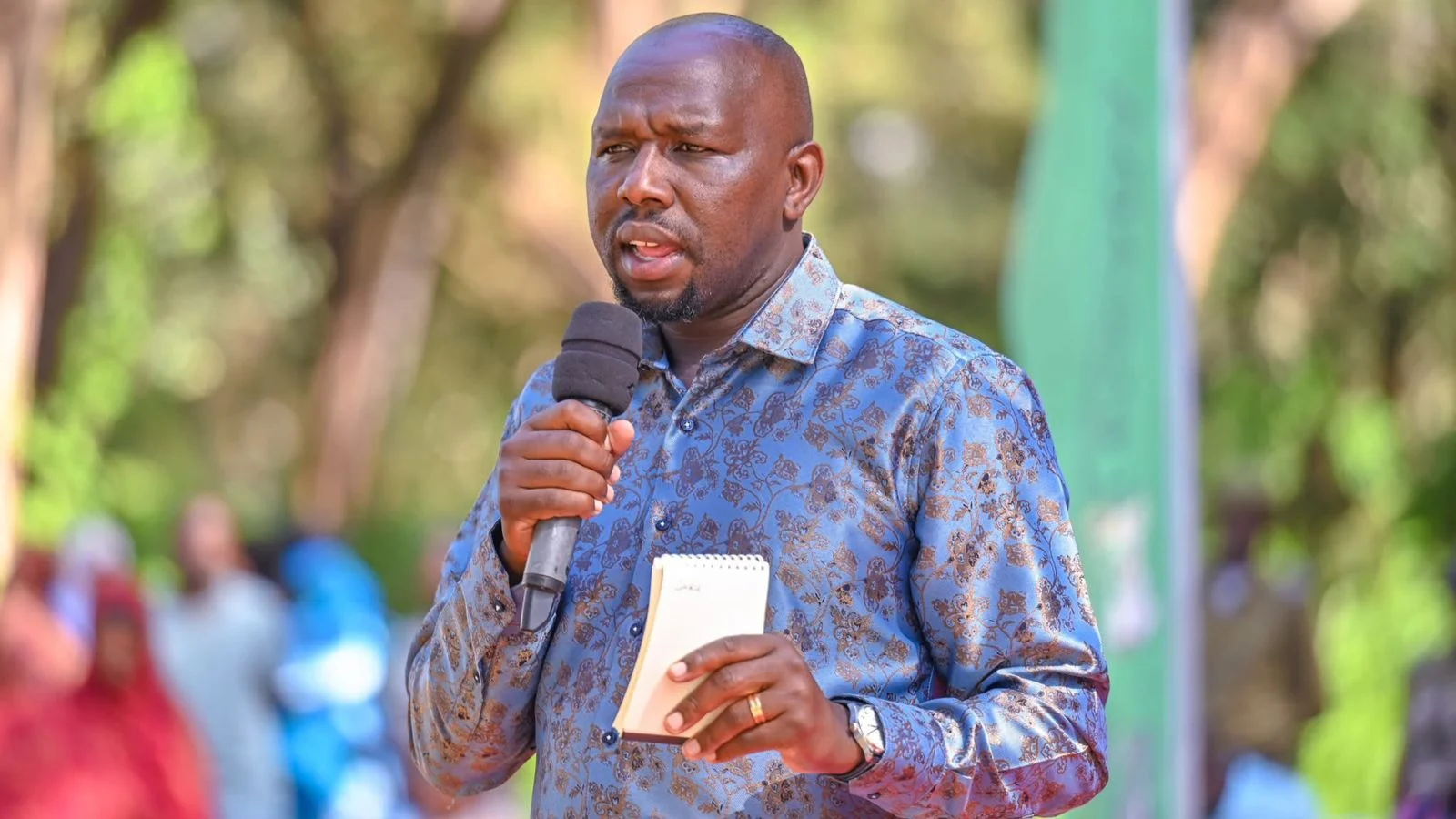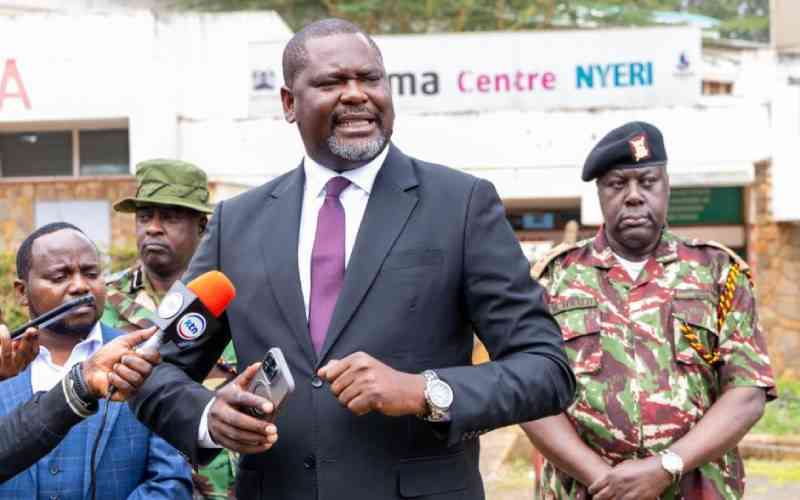
Former Chief Justice C. B. Madan once posed a thought-provoking question: “What purpose does a Constitution serve if it is neither upheld nor respected?” Our nation’s supreme law is clear—government formation must strictly follow constitutional procedures.
Article 3(2) explicitly declares that any effort to establish governance outside the Constitution is illegal. Despite this, President William Ruto and ODM leader Raila Odinga have proposed a so-called broad-based government, which lacks any constitutional legitimacy.
Unlike lawful coalitions recognized under the Constitution and the Political Parties Act, this political arrangement appears to be an informal and unconstitutional power-sharing deal driven by personal interests rather than legal principles. While openly dismissing coalition agreements, Ruto and Raila are restructuring governance by incorporating opposition figures, a move that effectively subverts constitutional order. In any accountable democracy, such actions would trigger serious legal consequences, including potential prosecution or impeachment.

Kenya’s governance structure is well-defined: the Executive, led by the President, operates separately from an independent Judiciary and a bicameral Parliament. Government formation follows constitutional provisions, including elections and structured coalitions where applicable. Nowhere in the law is there room for an arbitrary expansion of the Executive through informal political deals.
By introducing a loosely defined governance model, Ruto and Raila are undermining democratic principles and weakening multi-party politics. This dangerous precedent suggests that any President could simply dissolve opposition through unofficial agreements, eroding electoral integrity.
If this unconstitutional setup is allowed to take root, what prevents future leaders from bypassing the Constitution entirely—perhaps establishing military-backed rule, caretaker regimes, or executive councils without public approval? The Constitution was designed precisely to prevent such abuses.
Kenyan law is unambiguous: any attempt to create or alter governance structures outside constitutional mechanisms is a grave offense, even amounting to treason. By maneuvering outside the legal framework, Ruto and Raila are engaging in an unconstitutional consolidation of power. In established democracies, similar actions have led to accountability. In South Korea, leaders who attempted to govern beyond legal constraints faced imprisonment. In contrast, in Kenya, political expediency has replaced adherence to constitutional order.
One justification put forward for this unconstitutional arrangement is that it fosters ‘national unity.’ This claim is deeply misleading. Kenyans are not divided by politics—they are united by shared struggles, including the high cost of living, joblessness, over-taxation, and an inefficient government. The real source of division is not ideological but the greed of the political class, which manipulates ethnic and political divisions to cling to power.
The so-called broad-based government is a betrayal of the principles enshrined in the 2010 Constitution and an attack on democratic governance. To safeguard Kenya’s constitutional democracy, this illegitimate arrangement must be firmly rejected. The rule of law must prevail. Kenyans cannot afford to normalize unconstitutional governance, and those responsible must be held to account. If action is not taken now, unchecked political impunity will render our hard-won Constitution meaningless.






